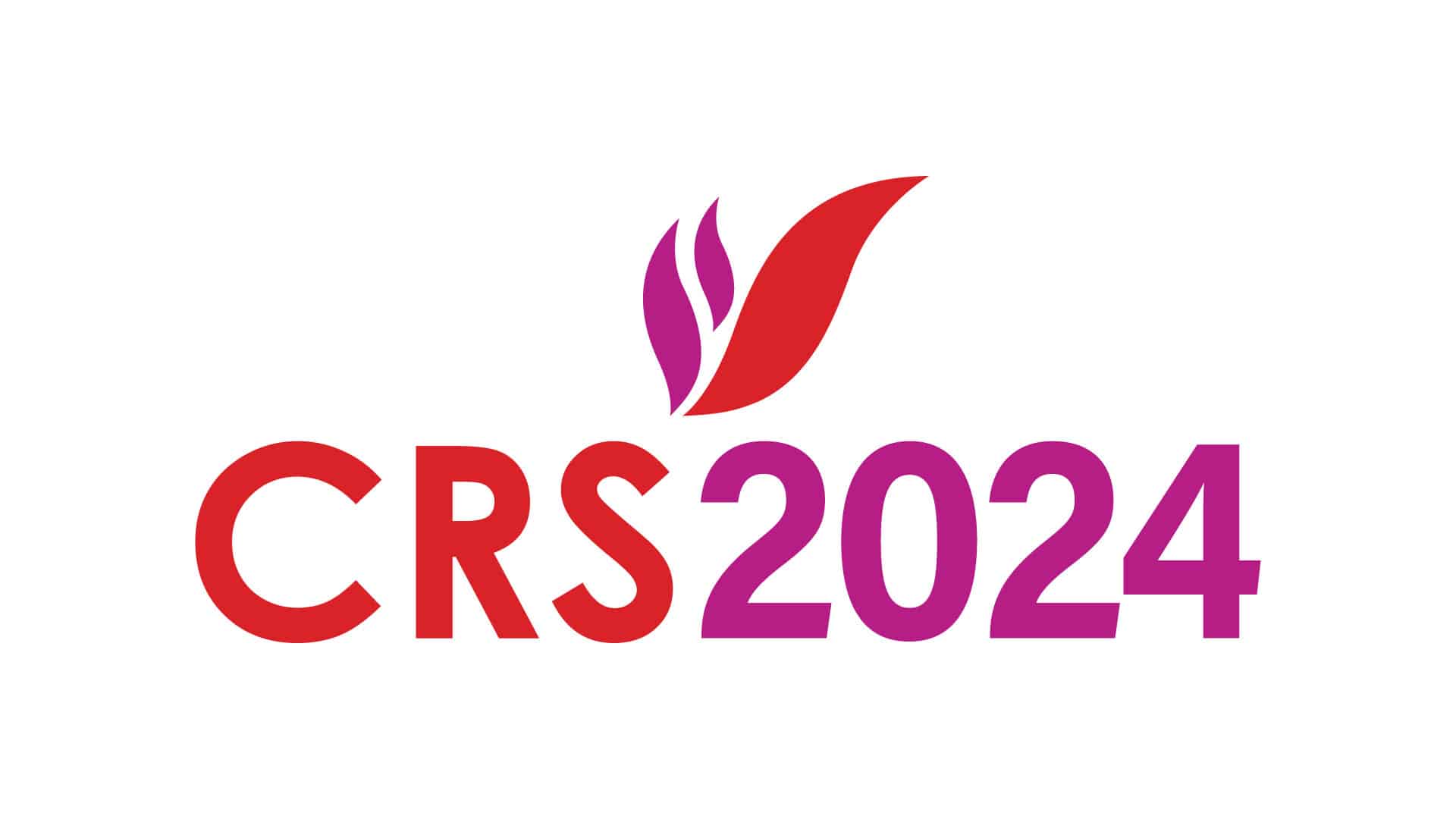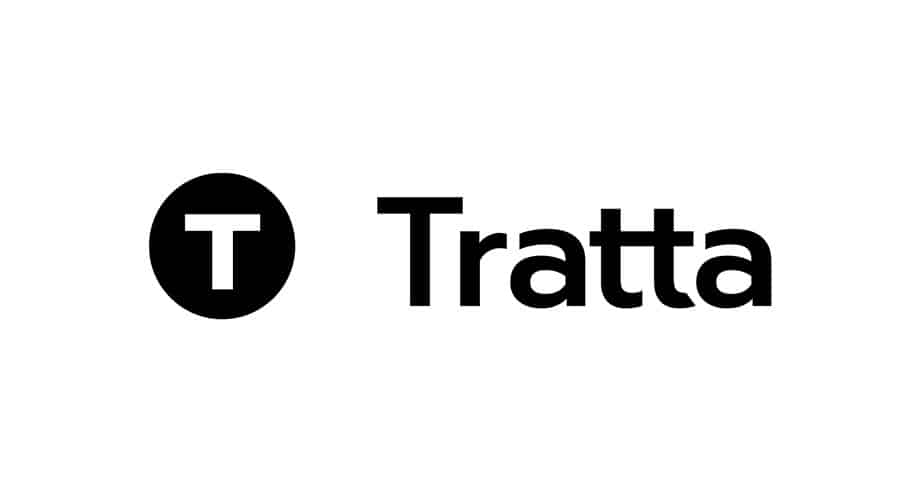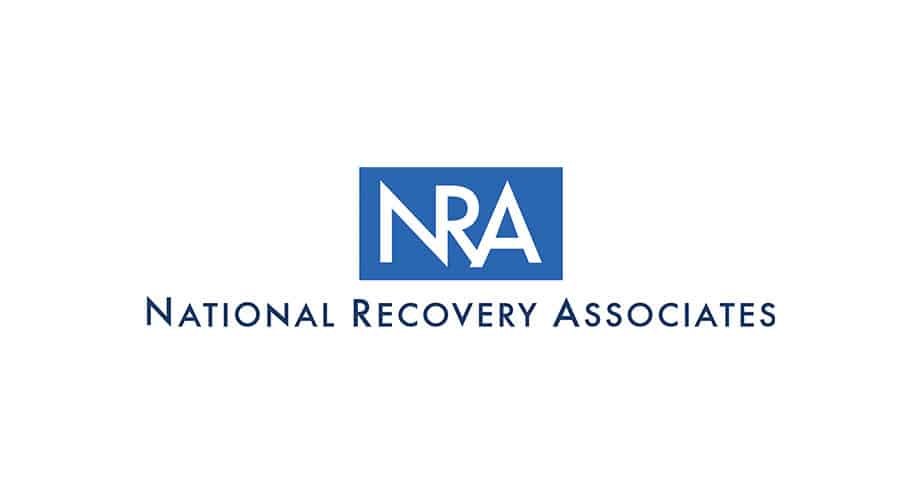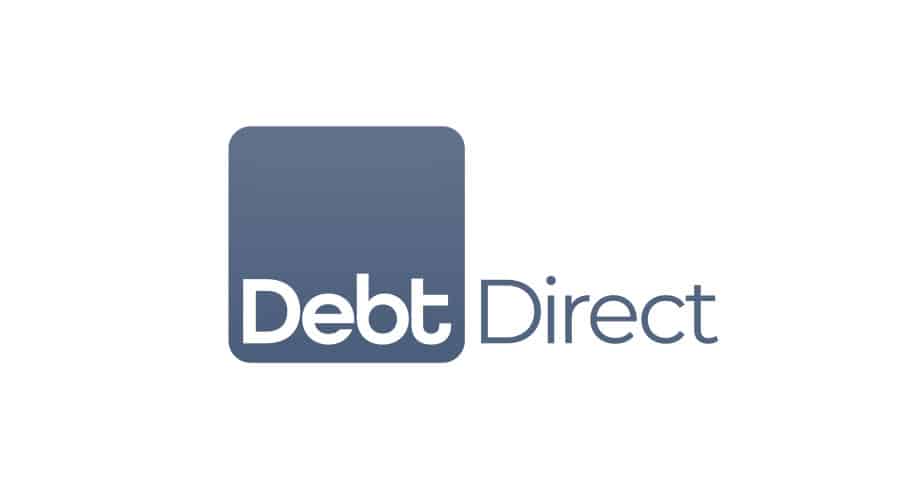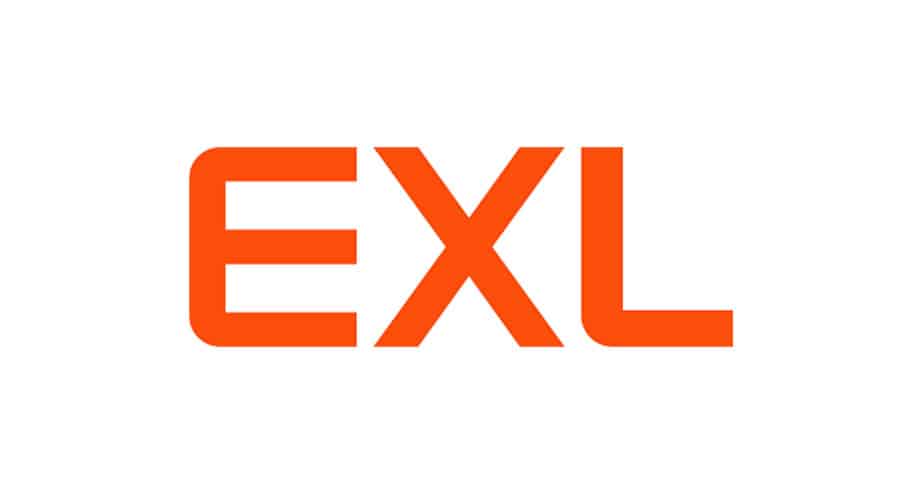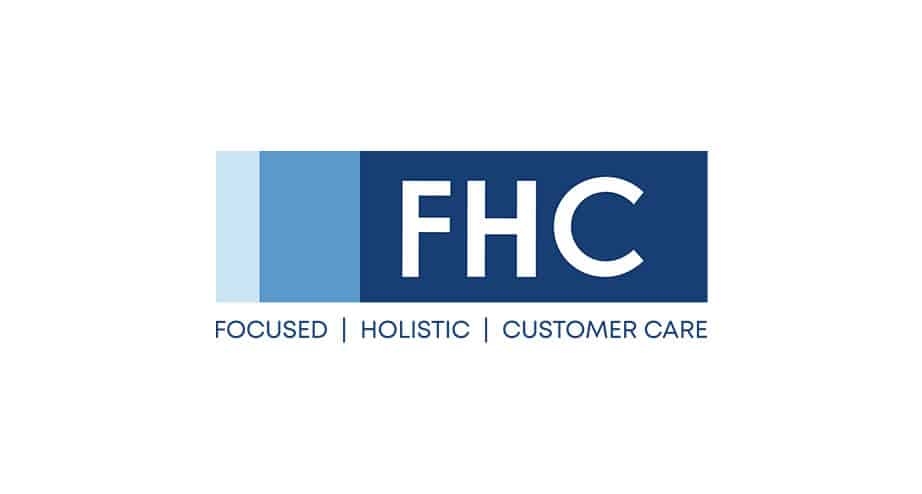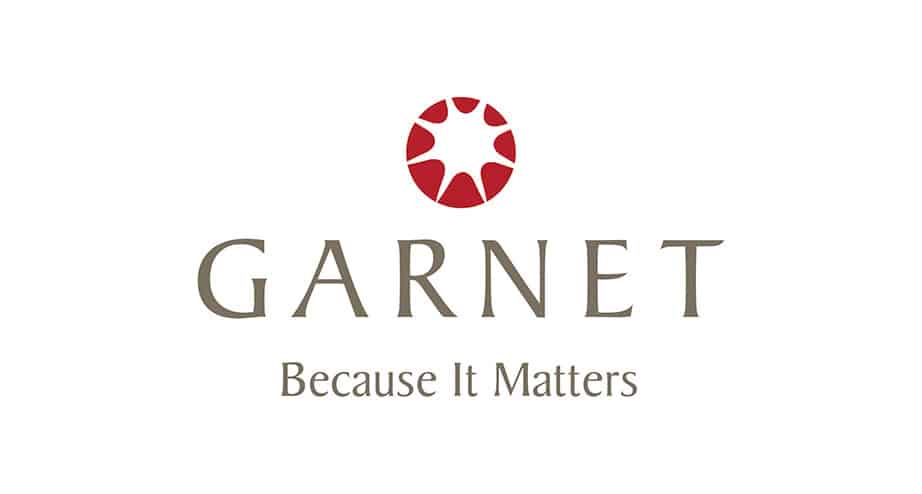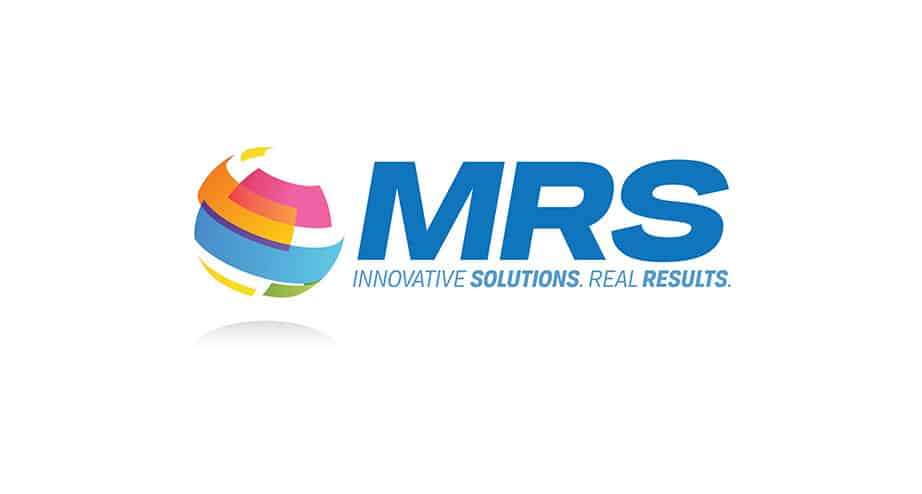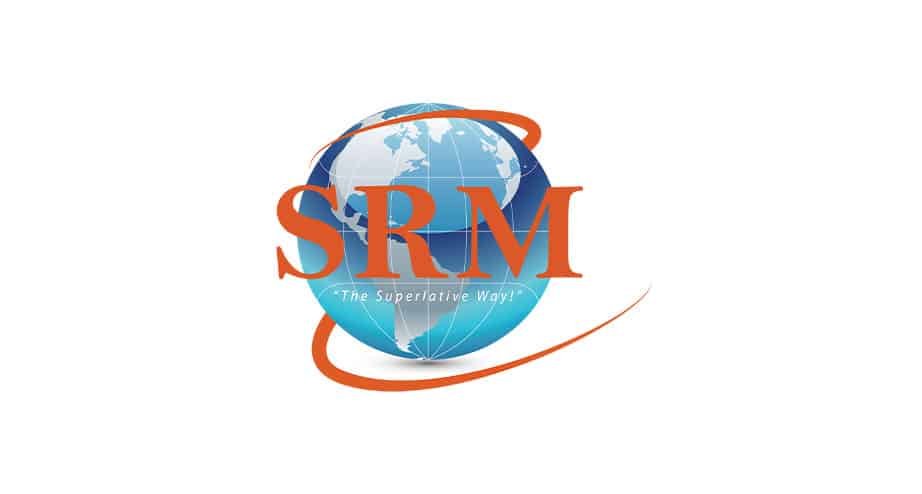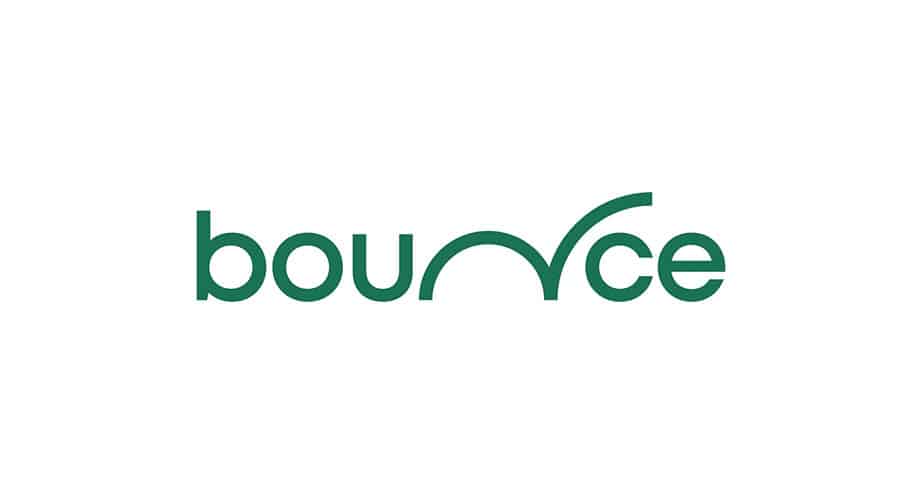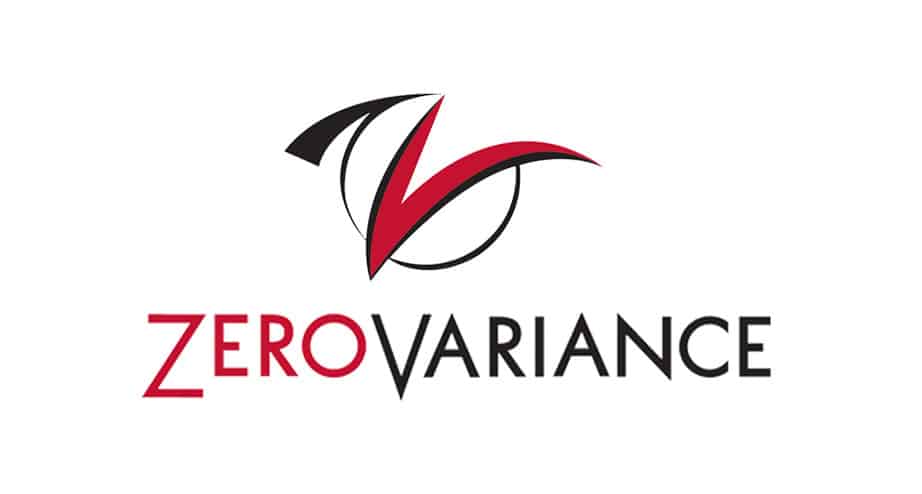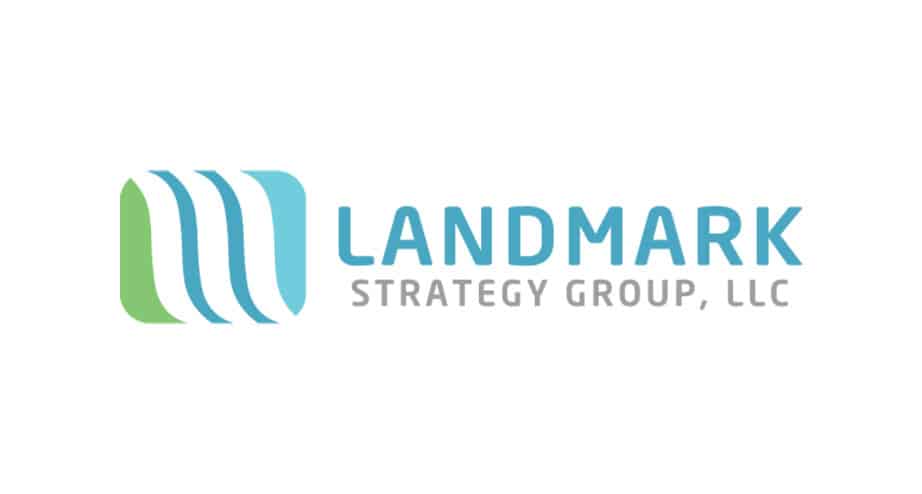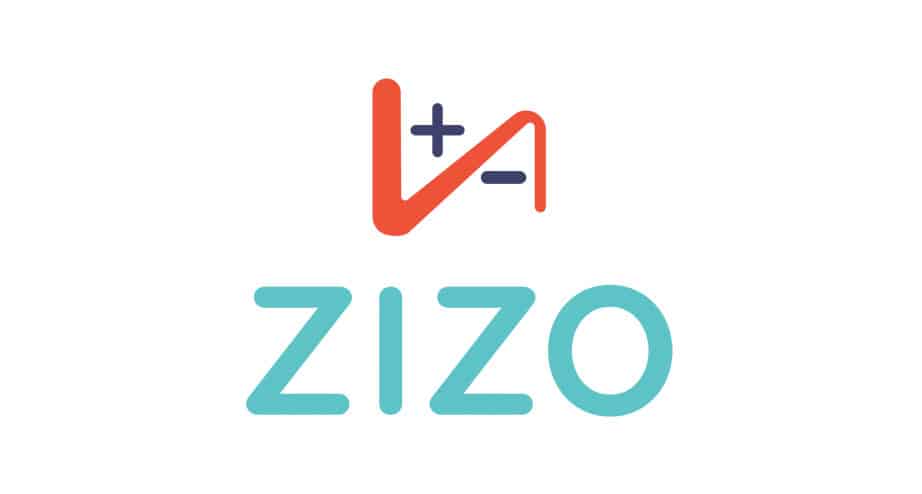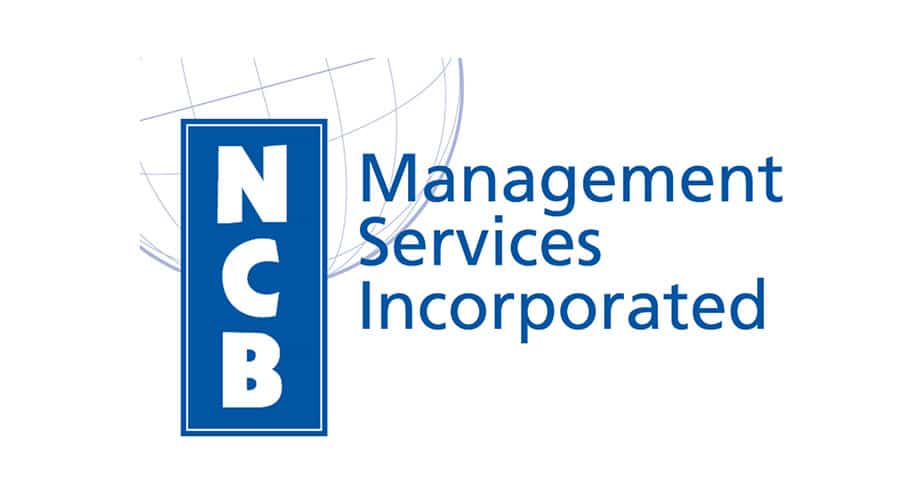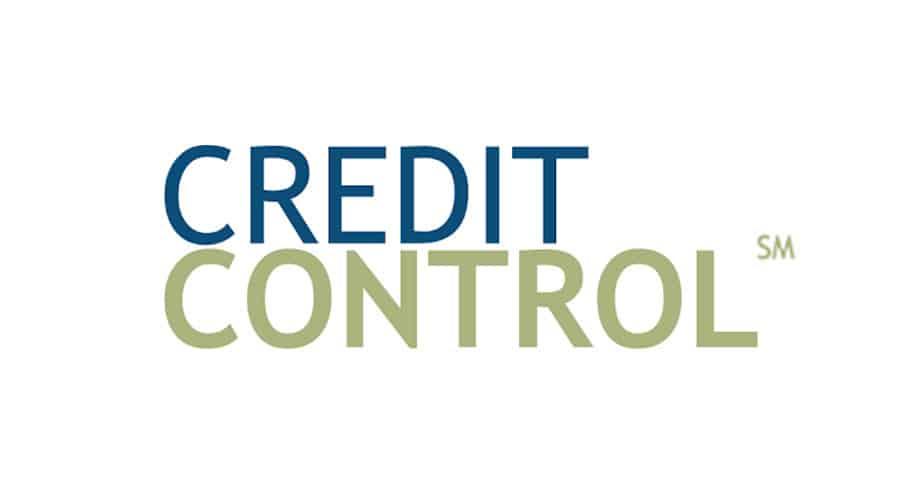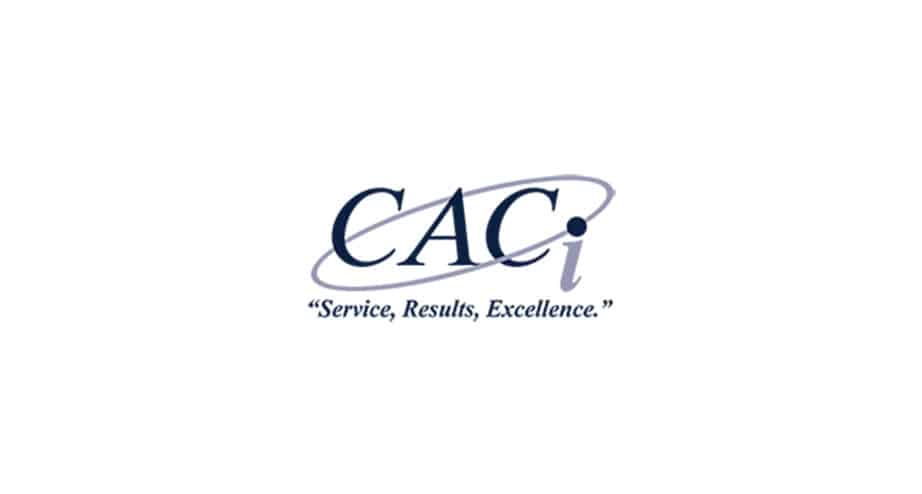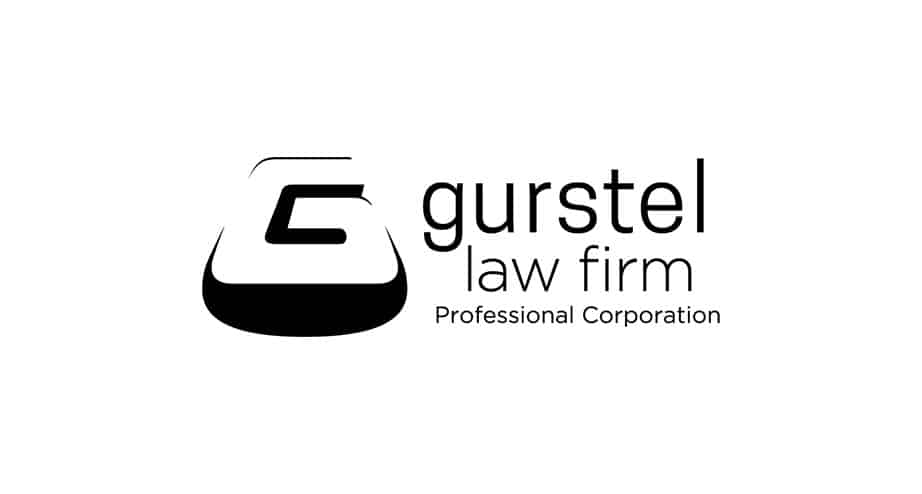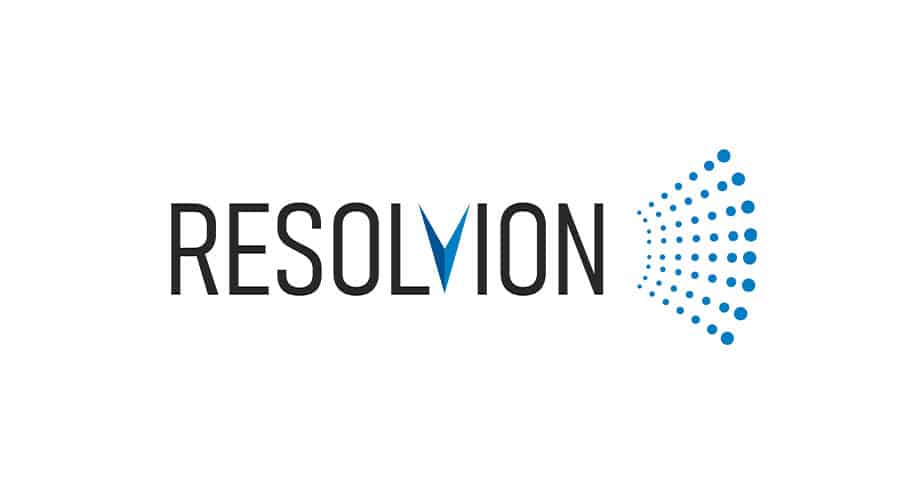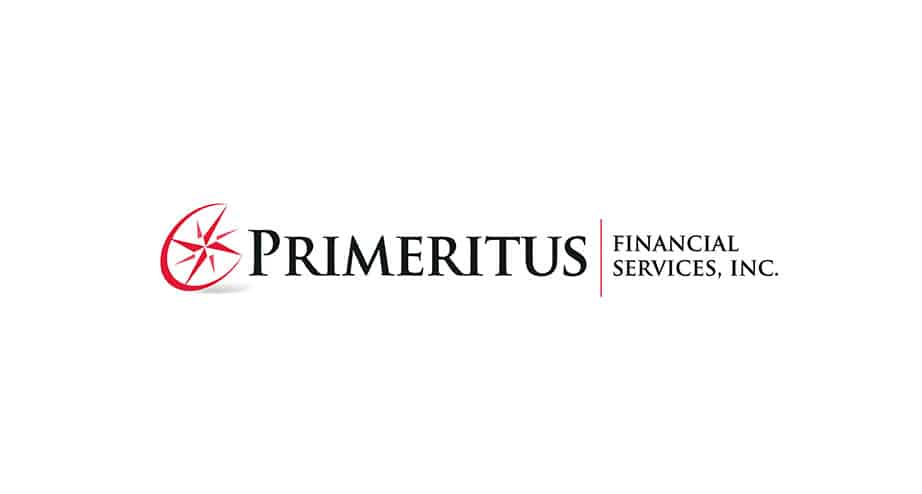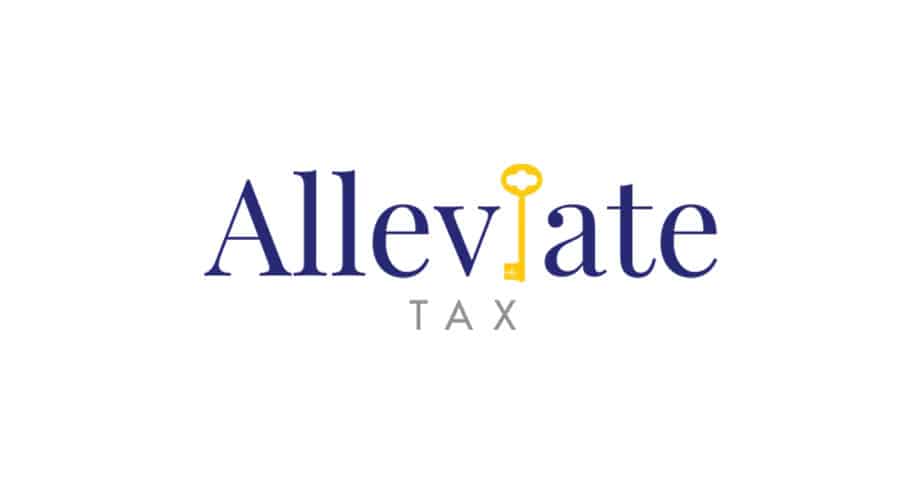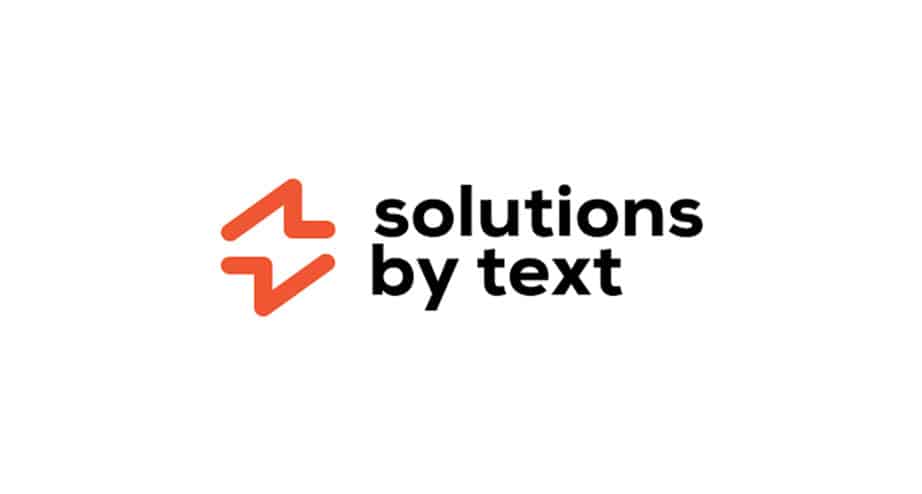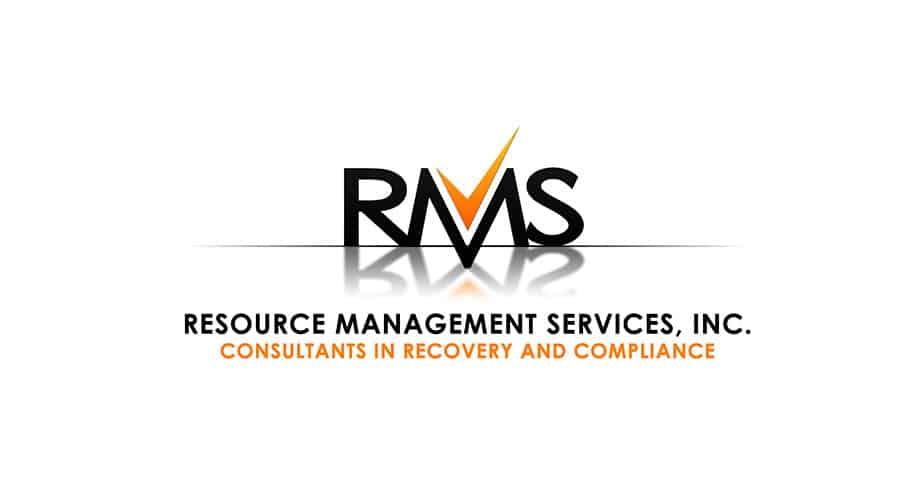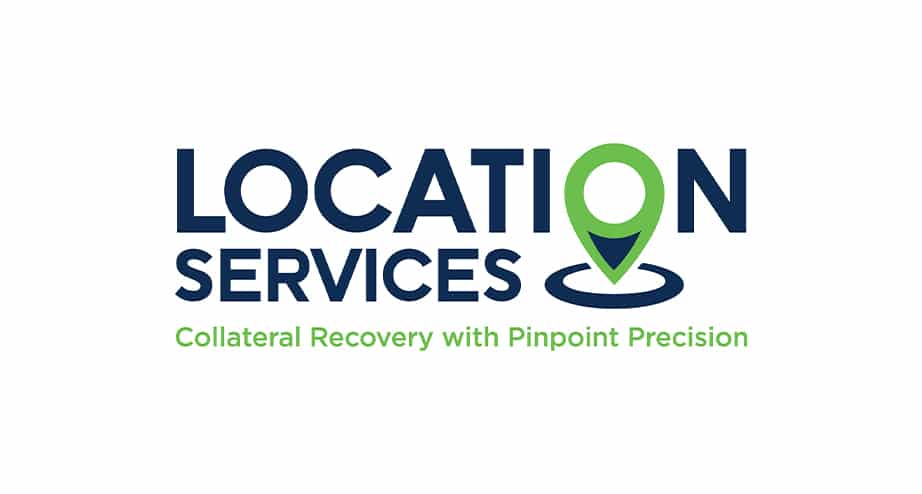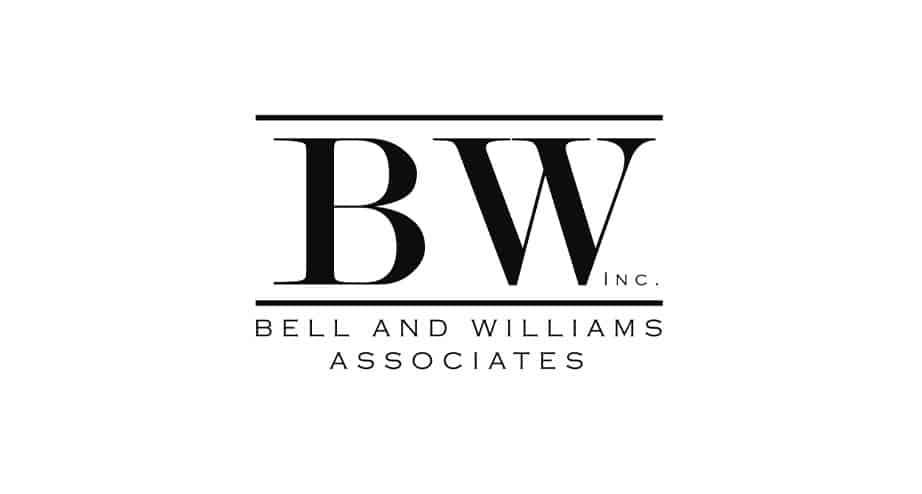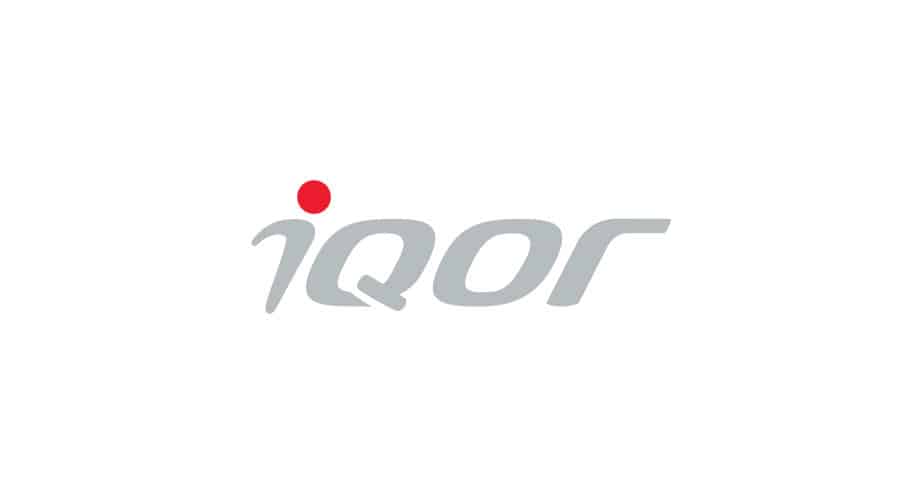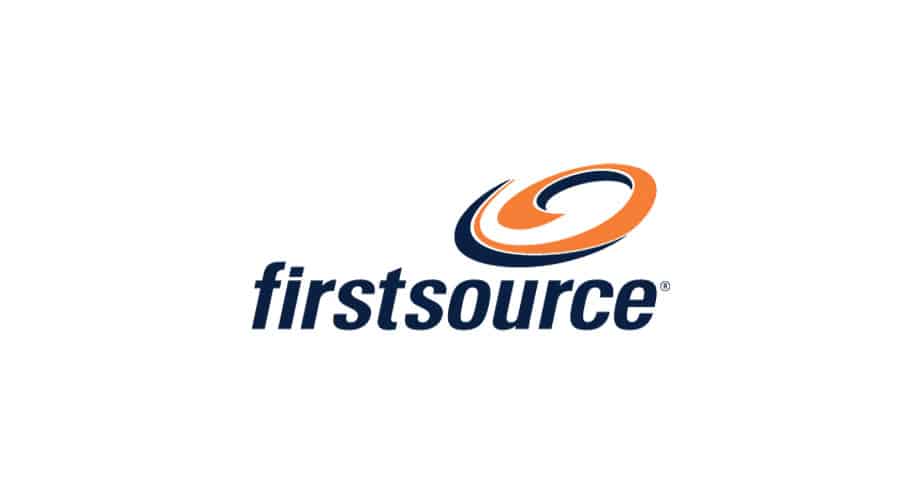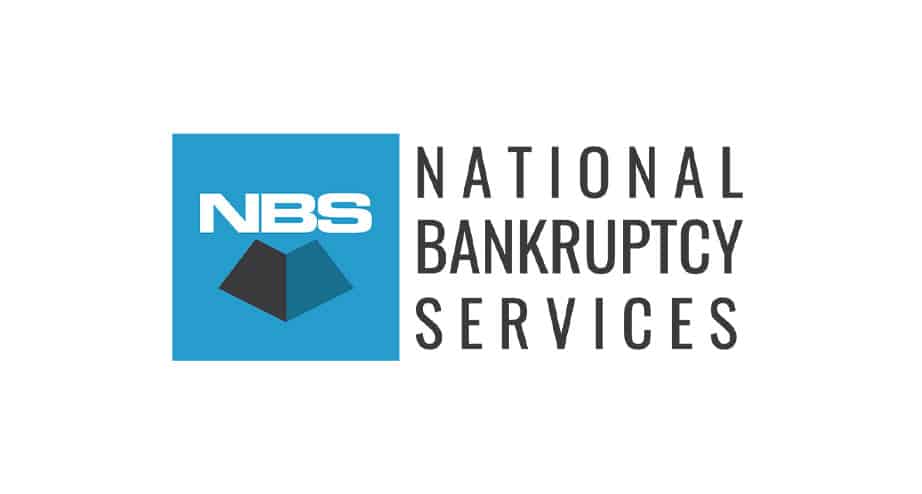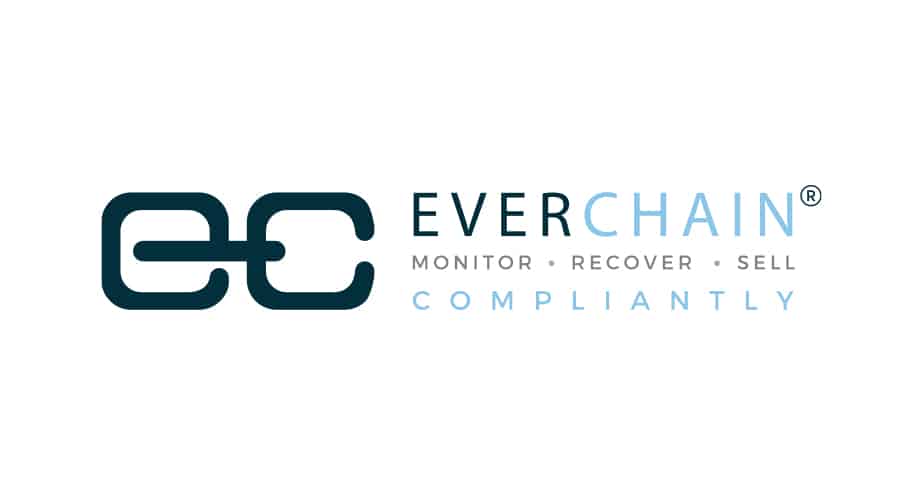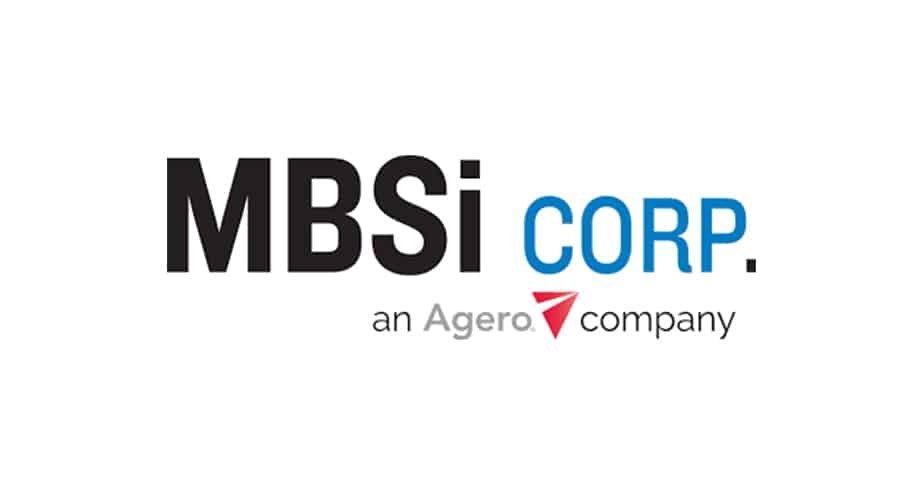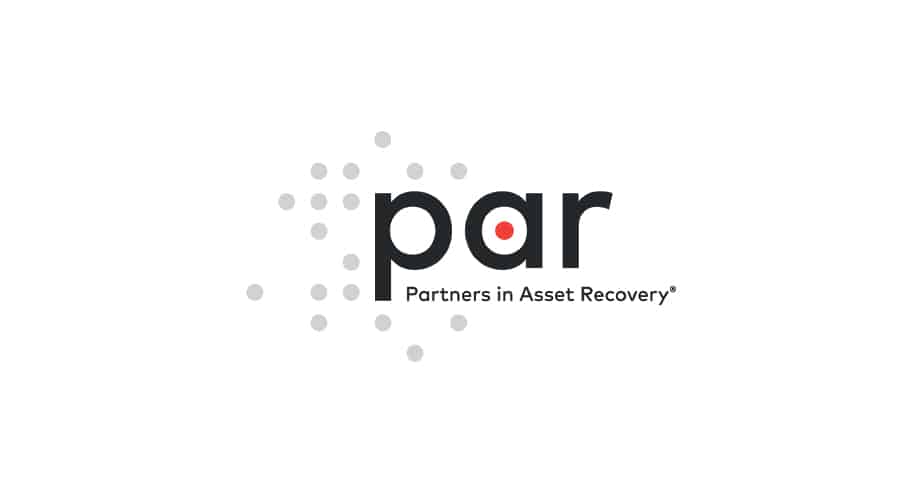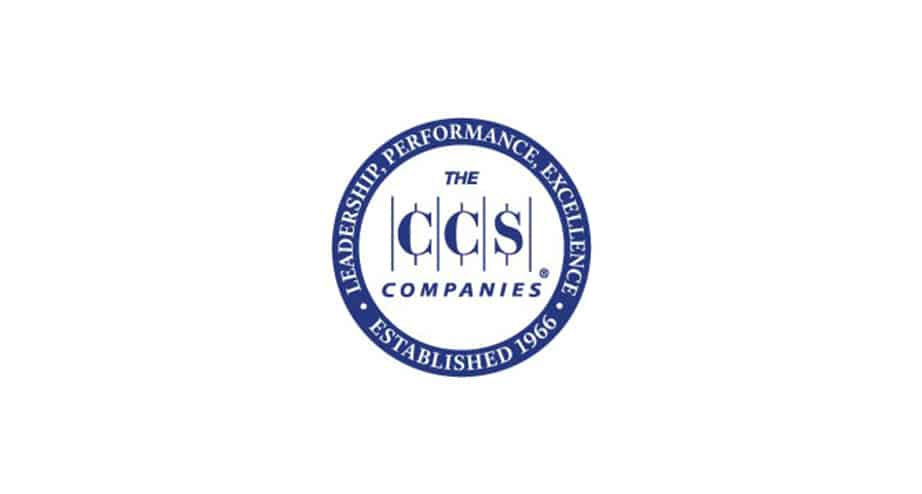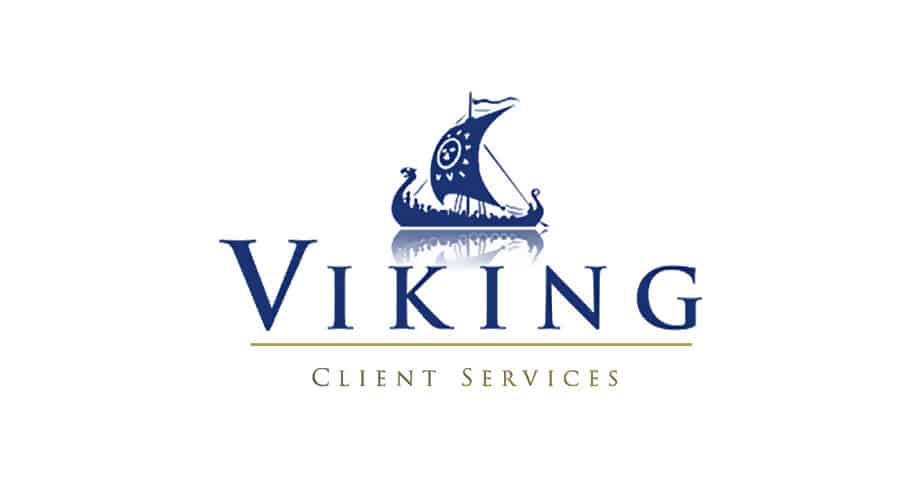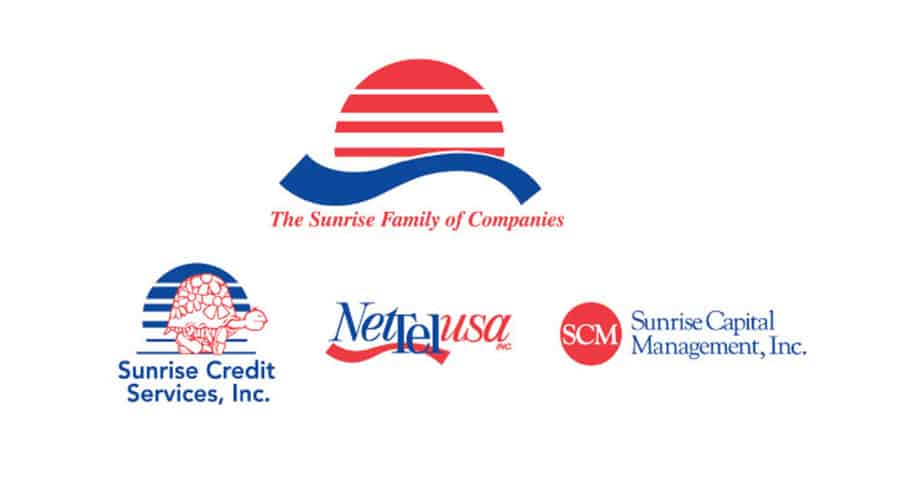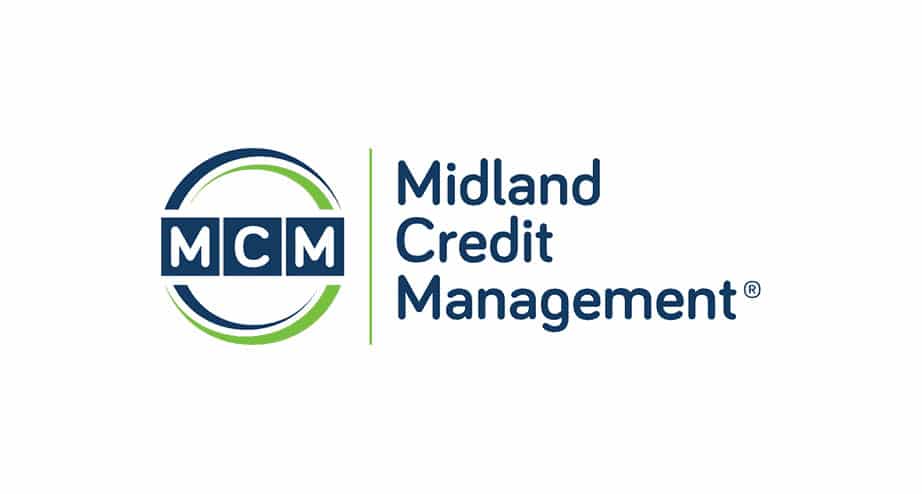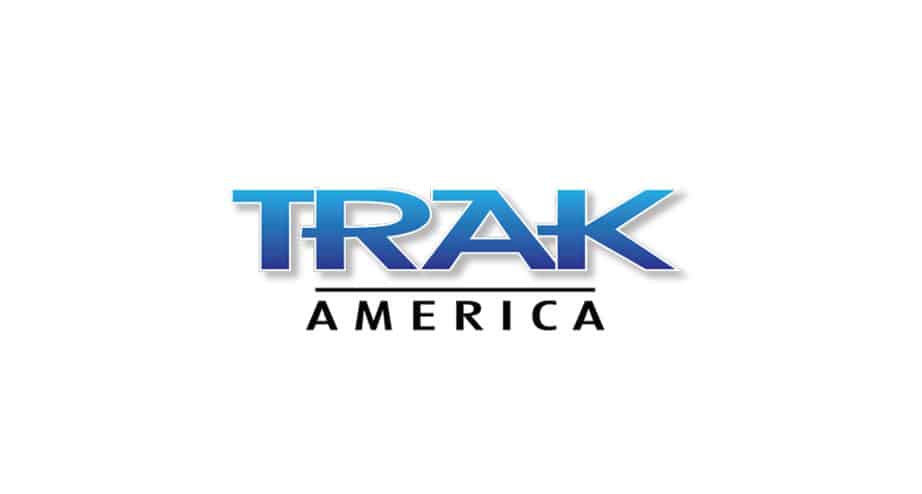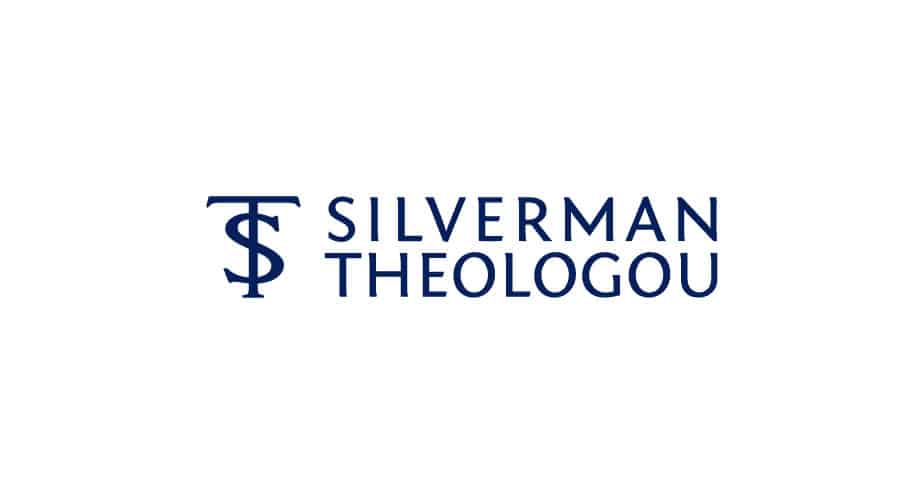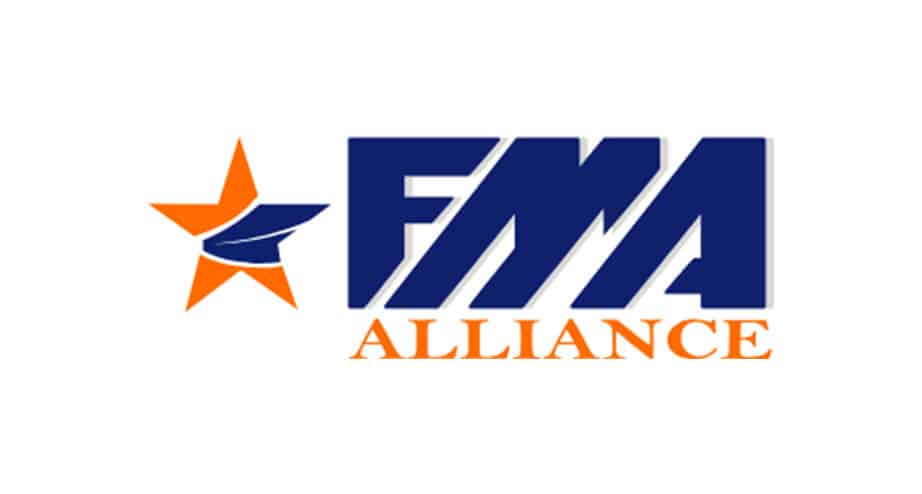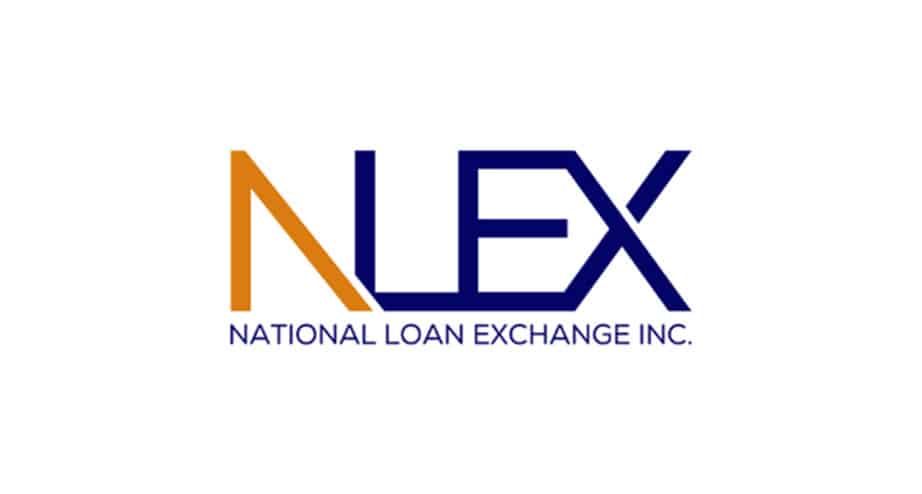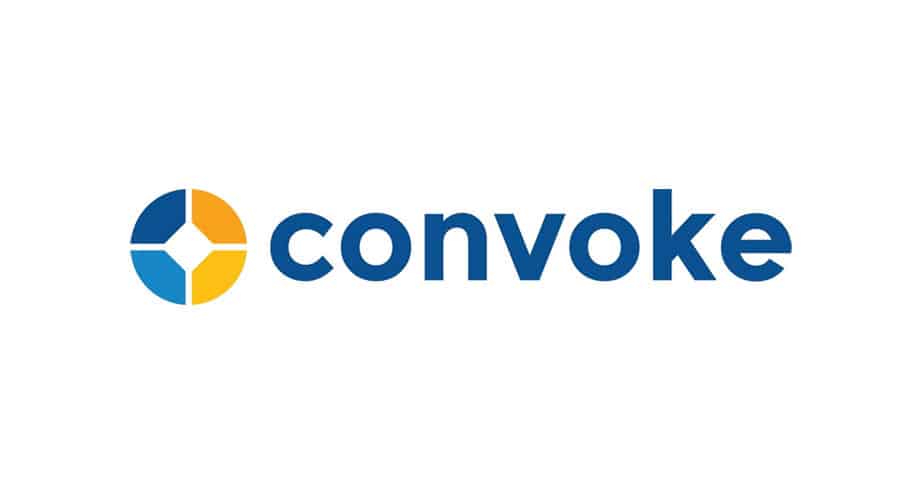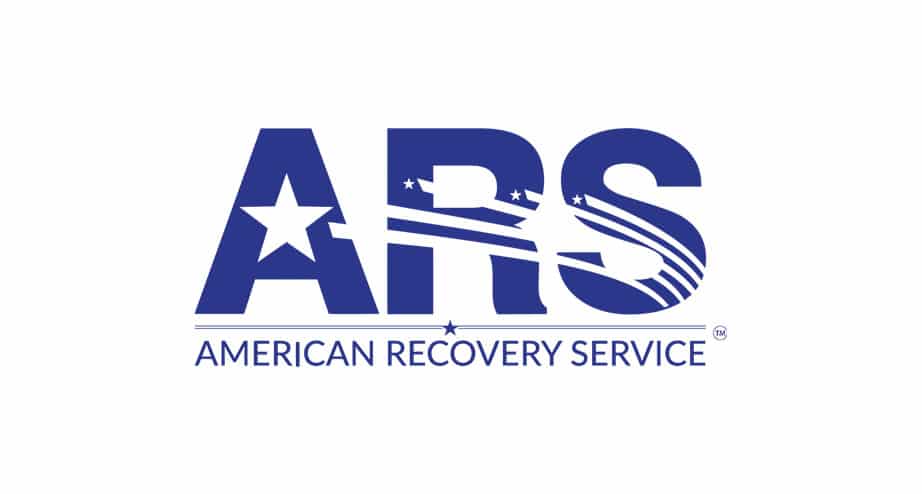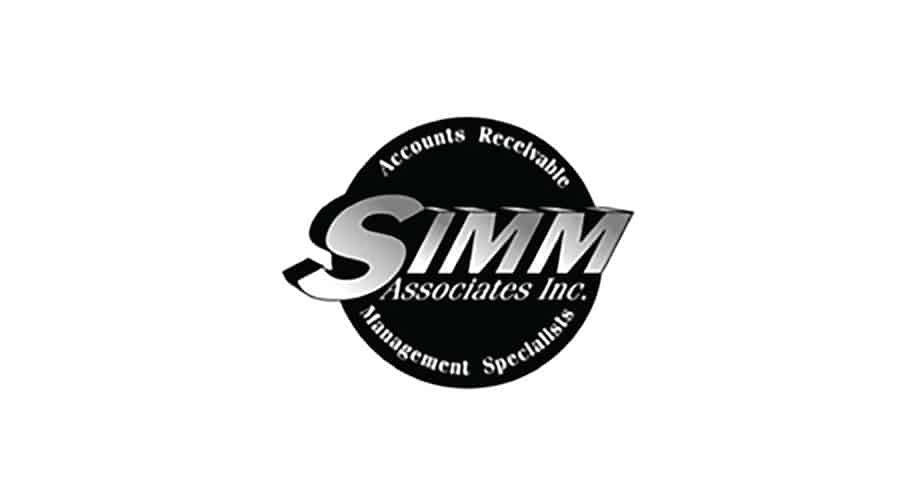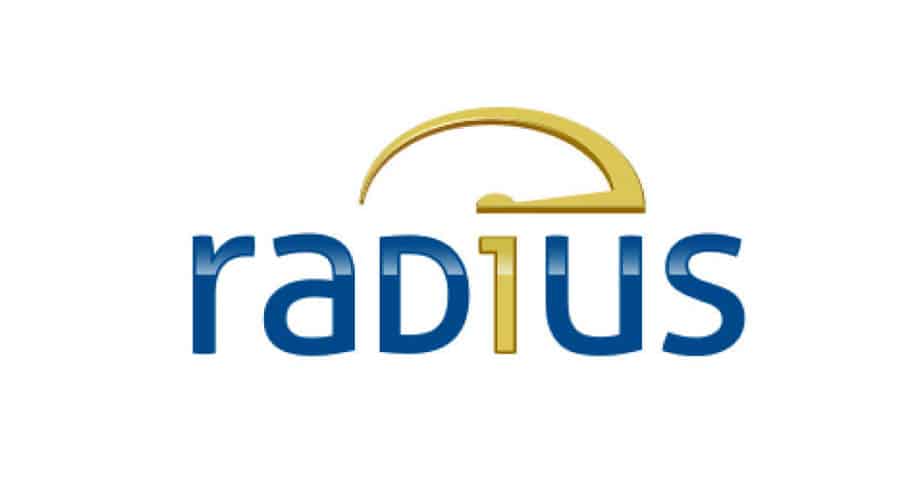Anti Trust
Anti-Trust Information
Collection and Recovery Solutions involves meetings, round table discussions and break out sessions among companies that are often competitors in their commercial enterprises. When competitors meet, they need to be aware of anti-trust laws, which are designed to ensure fair competition and prevent activities that are in restraint of trade. While competitors may not discuss certain topics, they may meet and learn about industry developments, new products that help them in their businesses, management issues, best practices followed by members of the industry, and regulatory and legislative issues and challenges. These subjects are the focus of Collection and Recovery Solutions.
In The Park MDR LLC, has structured Collection and Recovery Solutions to avoid potential anti-trust problem areas, and believe conference participants need to be aware of certain competitive issues that should not be discussed. Accordingly, this basic anti-trust law overview is being provided to help ensure that conference participants do not violate any anti-trust laws. ITP is working with Kristen T. Eastman of Troutman Pepper who will be present throughout the event to help avoid potential anti-trust issues. This service is being provided as an accommodation to the attendees at Collection and Recovery Solutions; to assist with anti-trust issues. However, no legal advice is being provided and neither the attorney nor In The Park MDR LLC., assumes any liability for the conduct of attendees or speakers at this event. For anti-trust advice, you are encouraged to consult with your own attorney.
Please also note that although the following summary is presented for your convenience, it is not intended to be a comprehensive guide to the anti-trust laws, but rather to create an awareness of danger areas. In The Park MDR LLC., Inc., strongly encourages each visitor to review the information in detail, with company outside council. Neither the attorney nor In The Park MDR LLC. assumes any responsibility for the accuracy of information conveyed herein, and shall not be liable to anyone who relies on this document. You should consult your own attorney for detailed anti-trust issues and questions.
Overview of Anti-Trust Laws
| Violations of anti-trust laws can result in both criminal and civil liability. The laws are enforced through civil damage actions by governmental authorities and private individuals or companies. Penalties can be severe for both individuals and employers, and include possible imprisonment and fines.
The major anti-trust law, the Sherman Act, prohibits agreements or other forms of concerted or joint action with competitors or customers that unreasonably restrain competition. To be illegal, a joint action need not be in the form of a written agreement or even a handshake agreement, but may be inferred from conduct. For example, if two competitors discuss fees and later adopt similar fees, a conspiracy can be inferred. |
| 1. Agreements with competitors regarding prices or fees for services are prohibited. It does not matter whether prices are increased or decreased, reasonable, uniform, or whether the agreement involves pricing based on a formula. Conditions of service, discounts, or terms are discussions about price. Fees and prices should be arrived at independently. Competitors should never discuss fees or prices. |
| 2. Agreements among competitors not to offer services to certain customers, or not to buy from certain suppliers or vendors, are considered illegal boycotts. Competitors should not agree about reporting or not reporting information to particular credit bureaus. All decisions regarding whom to service, from whom to buy services or products, and to whom to provide data are independent decisions. Competitors may discuss formats, legal requirements, or quality of service they receive, but should not discuss with whom they will deal. |
| 3. Competitors should not agree to obtain customers only from certain geographic territories. An agreement to divide or allocate territories, or refrain from soliciting customers in certain geographic areas, violates the anti-trust laws. It is also illegal to allocate customers. All potential customers should be fair game for all competitors. Competitors should not talk about who has or gets which customer. |
| 4. Additional anti-trust issues of which participants need to be aware do not involve agreements with competitors, including the Clayton Act, the Robinson-Patman Act, and the Federal Trade Commission Act. In general, customers should not be sold one product or service on the condition that they buy another. This is called an illegal tie-in. Customers should not be forced to deal only with one service provider in an exclusive arrangement. A customer may make the decision to deal with only one company, but an exclusive arrangement should not be a condition to engaging in business. In certain circumstances, discriminating in price to similarly situated customers in the sale of commodities is prohibited. |
| 5. An exception to discussing issues that it would otherwise be illegal to discuss, are conversations involving the plans relative to attempting to influence legislation or regulations. The discussion must relate to lobbying, campaign contributions, media campaigns, or grass roots activities in an effort to influence legislation. Care should be taken in these discussions, and an attorney should be present. |
Participant Guidelies
1. Pricing and Fees for Services
2. Profit Levels
3. Pricing Formulas
4. Terms of Doing Business
5. Wage Rates of Participant Employees
6. Territorial Allocation
7. Customer Allocation
8. Vendor and/or Supplier Pricing
Collection and Recovery Solutions
Collection and Recovery Solutions is formally structured to avoid, and avoid the appearance of, prohibited activity. The event maintains a formal agenda that avoids prohibited subjects. Participants will learn about a wide range of topics, including best practices, new products and processes, technology issues, vendors, management issues, and regulatory and legislative developments.
If any person initiates a discussion not in keeping with the agenda and which is, or may lead to, a potential area of an unlawful activity, Collection and Recovery Solutions representatives will attempt to lead the conversation back to appropriate topics.
In breakout sessions and private discussions, event representatives cannot be as vigilant. Therefore, participants have been provided with this outline for their use in avoiding potential pitfalls.

